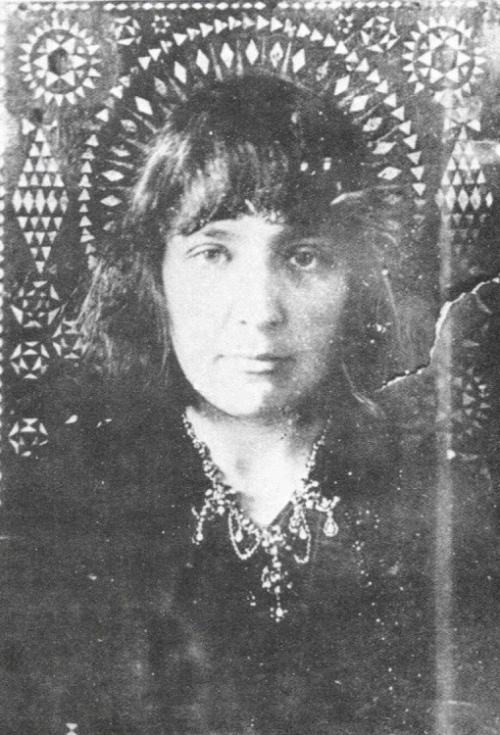We Shall Not Escape Hell
If you are a fan of National Poetry Month, or poetry, or books, or something vaguely related to such subjects, go on over to Powell’s Poetry Madness voting and cast your vote for who among these passionate sister-poets should win the crown. (Emily D, the Queen Bee herself of American lit, won last year, so she’s out of the running.). Who will win the (dark, tarnished, anti-) halo this year?? Don’t let your voice remain uncounted!
Today, we have one of the poetry Queen Bees of the fair Russian lands, the delightfully dark and intense Marina Tsvetaeva:
 We shall not escape Hell
We shall not escape Hell
We shall not escape Hell, my passionate
sisters, we shall drink black resins––
we who sang our praises to the Lord
with every one of our sinews, even the finest,
we did not lean over cradles or
spinning wheels at night, and now we are
carried off by an unsteady boat
under the skirts of a sleeveless cloak,
we dressed every morning in
fine Chinese silk, and we would
sing our paradisal songs at
the fire of the robbers’camp,
slovenly needlewomen, (all
our sewing came apart), dancers,
players upon pipes: we have been
the queens of the whole world!
first scarcely covered by rags,
then with constellations in our hair, in
gaol and at feasts we have
bartered away heaven,
in starry nights, in the apple
orchards of Paradise
––Gentle girls, my beloved sisters,
we shall certainly find ourselves in Hell!



